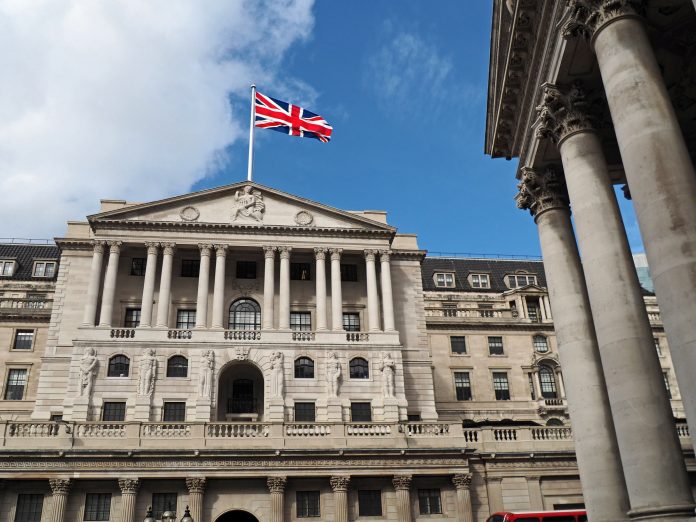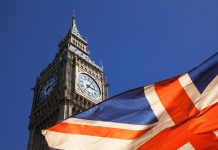The United Kingdom has announced a £100 million contribution to the World Bank during the Spring Meeting in Washington D.C.
This commitment aims to unlock £1 billion of support over the next decade, using the World Bank’s lending capacity to tackle challenges such as climate change, food insecurity, pandemics and poverty.
Minister Andrew Mitchell, the UK’s Governor to the World Bank, announced this on Wednesday. Showing the necessity of action to achieve an endurable impact in combating global concerns.
The UK’s contribution and what it means for future support
The UK’s contribution will be channelled into the World Bank’s International Bank of Reconstruction & Development (IBRD) through a hybrid capital structure. This is a financial innovation that allows member countries to boost the Bank’s lending capacity through voluntary contributions and new funds.
“Our pledge of £100 million for hybrid capital, which will unlock £1 billion of additional financing capacity over the next decade, recognises the need for urgent action to deliver real impact.” expressed Deputy Foreign Secretary and Minister for Development and Africa Andrew Mitchell.
Our pledge of £100 million for hybrid capital, which will unlock £1 billion of additional financing capacity over the next decade
The World Bank’s financial model ensures that for every £1 it receives, it can lend £10. Therefore, the UK’s contribution of £100 million will have a multiplier effect, allowing £1 billion in lending to address challenges outlined by the United Nations’ Sustainable Development Goals.
Flexible financial support
Hybrid capital, a combination of debt and equity features, allows for flexible financial support without impacting the World Bank’s shareholding structure.
This approach provides a strategic route for member countries like the UK to significantly expand the IBRD’s lending capacity, allowing further developing nations to access resources for growth and resilience.
Minister Mitchell emphasised the necessity of increased financial support, particularly for low-income countries facing significant debt issues and limited access to affordable finance. “Over half of low-income countries are at high risk of debt distress and unable to access affordable finance to grow their economies,” he noted.
Over half of low-income countries are at high risk of debt distress
The UK’s continued support towards climate initiatives
The UK’s commitment shows its leadership in advocating for reform within Multilateral Development Banks (MDBs) to improve accessibility and effectiveness in supporting development and climate initiatives. The UK is leading efforts among other G7 partners to strengthen the World Bank, aiming to produce broader financial support for global development.
As described in the UK’s White Paper, efforts are underway to encourage MDBs like the World Bank to maximise their existing capital and implement reforms that facilitate easier access to finance for low-income countries.
The UK’s proactive engagement with the World Bank shows a commitment to international development and climate action, aligning with global agendas to address the world’s most pressing challenges. This investment in hybrid capital shows the UK’s dedication to fostering a more sustainable and equitable future.














